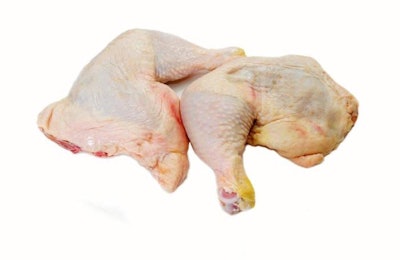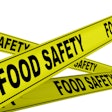
Urgent regulatory action is needed to control the spread of Campylobacter in contaminated chicken meat across New Zealand, advocated a new paper in the journal Epidemiology and Infection.
Campylobacter is one of the most common causes of foodborne illnesses worldwide. It can be difficult to treat, and many strains have become multi-drug resistant, concluded a recent report.
Infectious caused by the bacteria is the largest food safety issue in New Zealand, the paper said. Poultry meat is a major cause of Campylobacter infections in the country, causing more than 539,000 cases, 5,480 hospitalizations, 284 deaths and costing more than US$384 million during the 10-year period from 2009 to 2018.
Rates of infections began to rise in New Zealand in the mid-1980s, with the peak in 2006. As a result, the country implemented a range of regulatory and voluntary measures in 2007 that have decreased the rate slightly, including setting mandatory targets for producers to reduce Campylobacter contamination of chicken meat, better hygiene practices during chicken processing, and changes to the chilling process.
“Despite the growing quantity of high-quality research evidence about the role of contaminated chicken meat in causing the campylobacteriosis epidemic in New Zealand, there have been minimal further interventions in over a decade (from 2007 to 2019), and rates of notified and hospitalized disease do not suggest a decline in campylobacteriosis burden in that time,” the authors wrote.
Action needed
Responsibility for food safety needs to shift to an independent regulator to better combat the epidemic. Regulating food producers have historically been a more effective and cost-effective way to improve food safety than consumer education, added the scientists.
“As an island nation which produces almost all of its own poultry, New Zealand is well placed to take immediate action to better manage this epidemic. Responsible agencies, notably the Ministry of Primary Industries (MPI) and Food Standards Australia and New Zealand (FSANZ), should assign a high priority to controlling the campylobacteriosis epidemic linked to contaminated fresh chicken meat based on its huge human health and economic impact,” the authors wrote.
The MPI needs to lower the Campylobacter levels permitted on fresh poultry and FSANZ needs to strengthen the labeling requirements for poultry products to improve food safety, the paper urged.
















